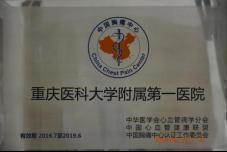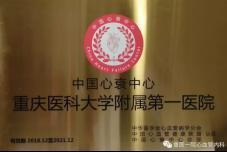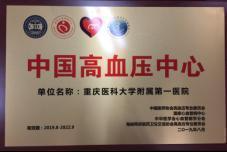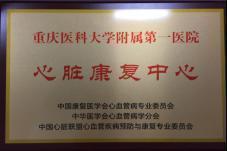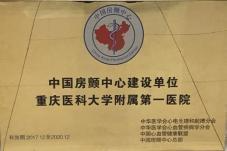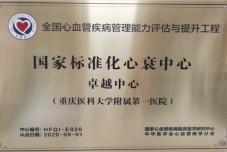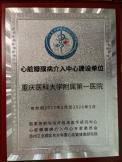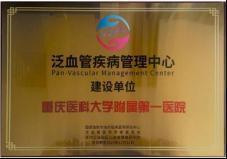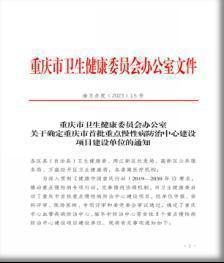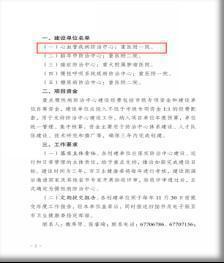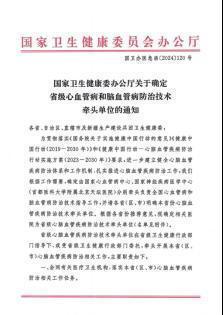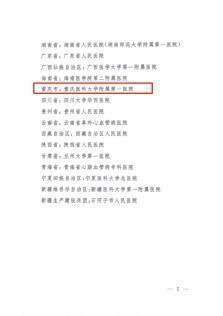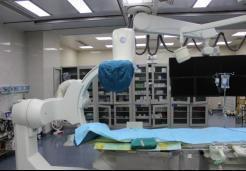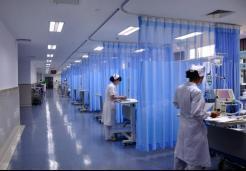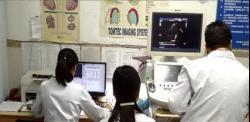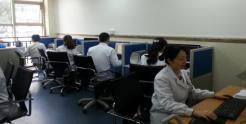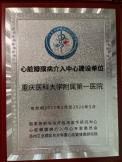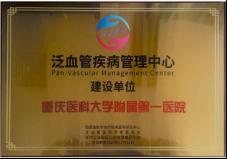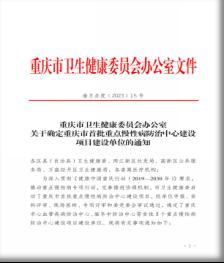The Department of Cardiovascular Medicine was established in 1979 and, through the collaborative efforts of nationally renowned cardiovascular experts such as Professors LIN Qi, MA Caili, CHEN Yunzhen, RAO Bangfu, and WU Qingling, has evolved into a distinguished National Clinical Key Specialty, seamlessly integrating medical care, education, and research. It was one of the pioneering institutions in Southwest China to offer master’s and doctoral degree programs in cardiology. Furthermore, it has been designated by the National Health Commission as a training base for coronary artery disease and arrhythmia interventions, in addition to being one of the earliest bases for standardized training in cardiovascular medicine specialists. The department, a key medical specialty in Chongqing, stands as a cornerstone of cardiovascular care in Chongqing, serving as the Cardiovascular and Coronary Artery Disease Interventional Diagnosis and Treatment Quality Control Center of Chongqing, and a regional leader in chest pain centers and remote ECG diagnosis. The department also holds a central role in five major national cardiovascular fields, namely, chest pain, atrial fibrillation, heart failure, hypertension management, and cardiac rehabilitation - and has been designated as one of the two demonstration bases for chest pain and cardiac rehabilitation. In 2014, it was recognized as a base for the National Clinical Drug Trial Quality Management Standard (GCP), and in 2022, it was appointed a center for heart valve interventions and vascular disease management. In 2023, it was honored as one of the first key centers for chronic disease (cardiovascular disease) prevention and treatment in Chongqing, and in 2024, it was designated as the provincial leading unit for cardiovascular disease prevention and treatment technology by the National Health Commission.
Currently, the department operates across three campuses, including Yuanjiagang Campus, Jinshan Campus, the First Branch Hospital (Jingwei and Dalitang campuses), along with a specialized Intensive Care Unit (ICU), providing a total of 350 beds. It employs 308 medical staff, including 78 physicians, 192 nurses, and 38 cardiology and echocardiography technicians. Among the team, 20 hold senior professional titles, 30 hold associate senior titles, 8 serve as doctoral supervisors, 28 as master supervisors, and 24 as residency training supervisors. The department boasts 47 PhD holders, 38 Master's degree holders, and 21 individuals who have studied abroad for 1–2 years. The team also includes 4 full-time secretaries and 1 nurse dedicated to the chest pain center.
The department pioneered a diverse array of cardiovascular interventional procedures in Southwest China, covering specialties such as coronary artery intervention, arrhythmia intervention (including catheter ablation and device implantation), congenital heart disease intervention, pulmonary vascular disease intervention, structural heart disease intervention, valve disease treatment, and hypertension-related interventions. The department performs over 6,000 interventional procedures annually. It was the first in Chongqing to conduct groundbreaking procedures such as transcatheter aortic valve replacement (TAVR), percutaneous transluminal pulmonary angioplasty (PTPA), transcatheter mitral/tricuspid valve leaflet clipping, ECMO-assisted high-risk PCI, adrenal vein sampling and adrenal artery embolization, and pulmonary artery denervation. The department’s interventional capabilities are regarded as among the foremost in Southwest China. The internal ECG network has been fully integrated, and the external remote ECG network platform operates efficiently. The department undertakes numerous inter-hospital consultations and complex case treatments within Chongqing, including providing guidance, training, and assessments for interventional surgery. It has emerged as a central hub for the diagnosis and treatment of challenging cardiovascular diseases in the Upper Yangtze River region and is at the forefront of cardiovascular care and technological advancement in Southwest China.
The department is home to an elite group of professionals, including one Overseas Distinguished Young Scholar, two provincial and ministerial level talents, as well as three individuals designated as “Chongqing’s High-End Young and Mid-Aged Medical Talents”. Additionally, three staff members serve as vice chairs of national second-level associations. The department has undertaken 42 research projects, including sub-projects of the National Key Basic Research Program (973 Plan), key projects of the National Natural Science Foundation Joint Fund, sub-projects under the National Ministry of Science and Technology’s Key R&D Program, and general projects of the National Natural Science Foundation. Furthermore, it has engaged in 67 provincial and ministerial-level research initiatives. The department has actively participated in over 20 multicenter clinical trials and conducted more than 30 Investigator Initiated Trials (IITs), accumulating nearing 50 million RMB in total funding. It has garnered 1 Scientific and Technological Award and has published 172 SCI papers over the past five years, with 7 of those papers having an impact factor above 10. Collectively, these papers have accumulated an impressive total impact factor of 740.436, contributing significantly to the department’s academic influence across Southwest China.
|
|
|
|
|
|
|
|
|
|
|
|
|
|
|
|
|
|
|
|
|
|
|
|
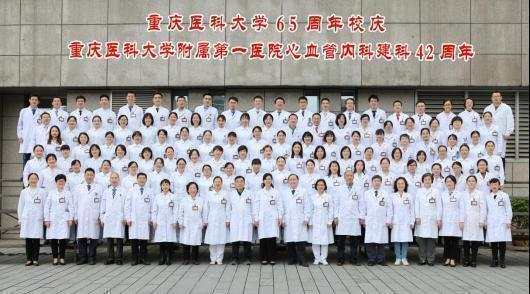
|
Cardiac Catheterization Laboratory |
|
|
Color Doppler Echocardiography Room |
|
|
|
|
|
|
|








